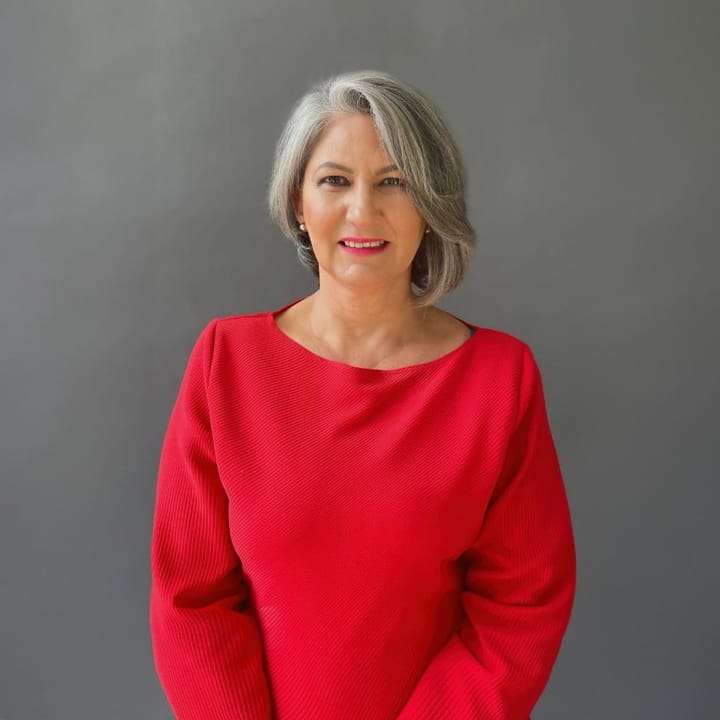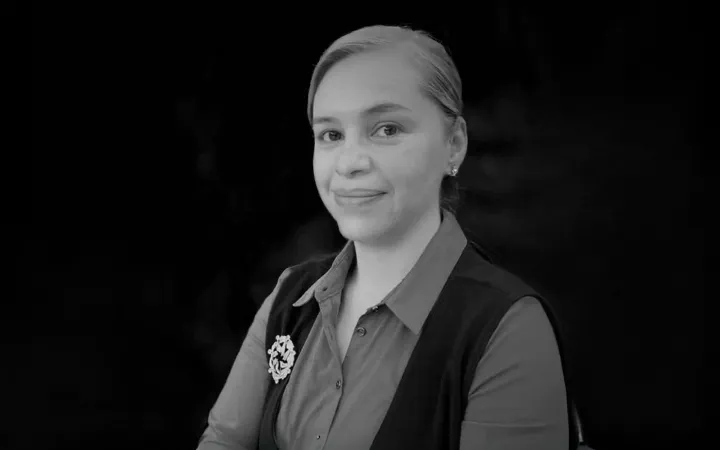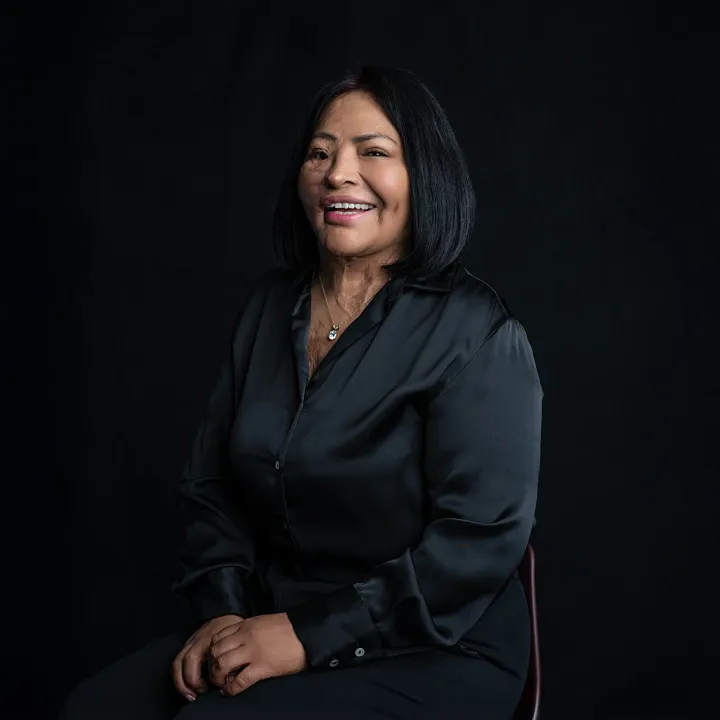Por Jacqueline L´Hoist
La capacidad de la CNDH como institución y organismo autónomo encargado de hacer valer los derechos humanos en este país, está a prueba hoy más que nunca. Estas dos últimas semanas hemos estado atestiguando el desafío tan complejo al que se está enfrentando y la incertidumbre que existe, fundada en muchos errores y pocos aciertos en el último periodo.
Uno de los principales temas que siempre está a discusión, no sólo en la CNDH, sino en muchos de los organismos e instituciones encargadas de vigilar se cumplan los derechos humanos en los países, es la autonomía. Autonomía frente a un régimen y autonomía frente a presiones e intereses políticos de algunos grupos. La historia ha demostrado que la independencia de esta institución es esencial para garantizar su credibilidad y efectividad. No obstante, la constante pugna por el control de las instituciones ha puesto en riesgo esta autonomía.
En México existe una crisis de Derechos Humanos que nos deja en constante duda acerca de lo que viene. Vivimos en un país donde 9 mujeres son asesinadas todos los días, según Global Witness, en 2023 fueron asesinadas 18 personas defensoras de derechos humanos, estamos entre los 3 países más peligrosos para personas defensoras de ddhh y periodistas y la gran crisis de personas desaparecidas y las madres buscadoras. Estas cifras hablan mucho y apenas son la punta del iceberg.
De acuerdo con el Centro de Derechos Humanos Miguel Agustín Pro-Juárez, de 2020 a 2023, la CNDH ha recibido más de mil quejas contra el Ejército y la Guardia Nacional, la cifra más alta en nueve años. De todas estas quejas existen menos de 30 recomendaciones por parte de la CNDH. Es una realidad que la militarización no ha tenido un contrapeso real, a pesar de las múltiples observaciones de organizaciones de la sociedad civil y organismos internacionales y esto impacta directamente en la protección de los derechos humanos.
La percepción pública sobre la CNDH ha sido variable a lo largo de los años. Si bien ha habido casos en los que la Comisión ha logrado visibilizar violaciones a los derechos humanos y ha obtenido resultados positivos, también ha sido criticada por su aparente ineficacia y falta de resolución en sus recomendaciones.
En el último periodo, la CNDH, como Organismo Público Autónomo se ha debilitado, ha dejado de tener presencia, gestión e independencia. Un organismo como este debe ser un contrapeso que vele por los derechos de todas las personas. En un contexto de violencia como en el que vivimos, la dignidad de las personas deber ser más importante que los intereses partidistas, por ello es necesario un esfuerzo conjunto de las autoridades, la sociedad civil y la propia institución para garantizar que la CNDH se convierta en un actor fundamental en la construcción de un México más justo y respetuoso de los derechos humanos.
Hoy el Senado de la república tiene en su manos seguir poniendo piedras para la garantía de los derecho humanos o bien tomar el ejemplo de la CDH CDMX con Nascheli Ramírez, la comisión ha escuchado al pueblo y Nashieli ha sido su defensora., ahí pues tienen las y lo senadoras la gran posibilidad de colocar de nuevo a México en la ventana de la autonomía de los derechos humanos como país democrático que es.
*Defensora de derechos Humanos y feminista
Especialista en Género y No Discrimacion
Autora de la Guía Entendido y Atendiendo el Acoso sexual en el ámbito laboral.
Fundadora y presidenta de COPRED Consejo para Prevenir y Eliminar la Discriminación de la CDMX
Premio de Derechos Humanos "René Cassin"
Directora de la Unidad de Género de Grupos Salinas en México y LAM

Las opiniones expresadas son responsabilidad de sus autoras y son absolutamente independientes a la postura y línea editorial de Opinión 51.






Comments ()